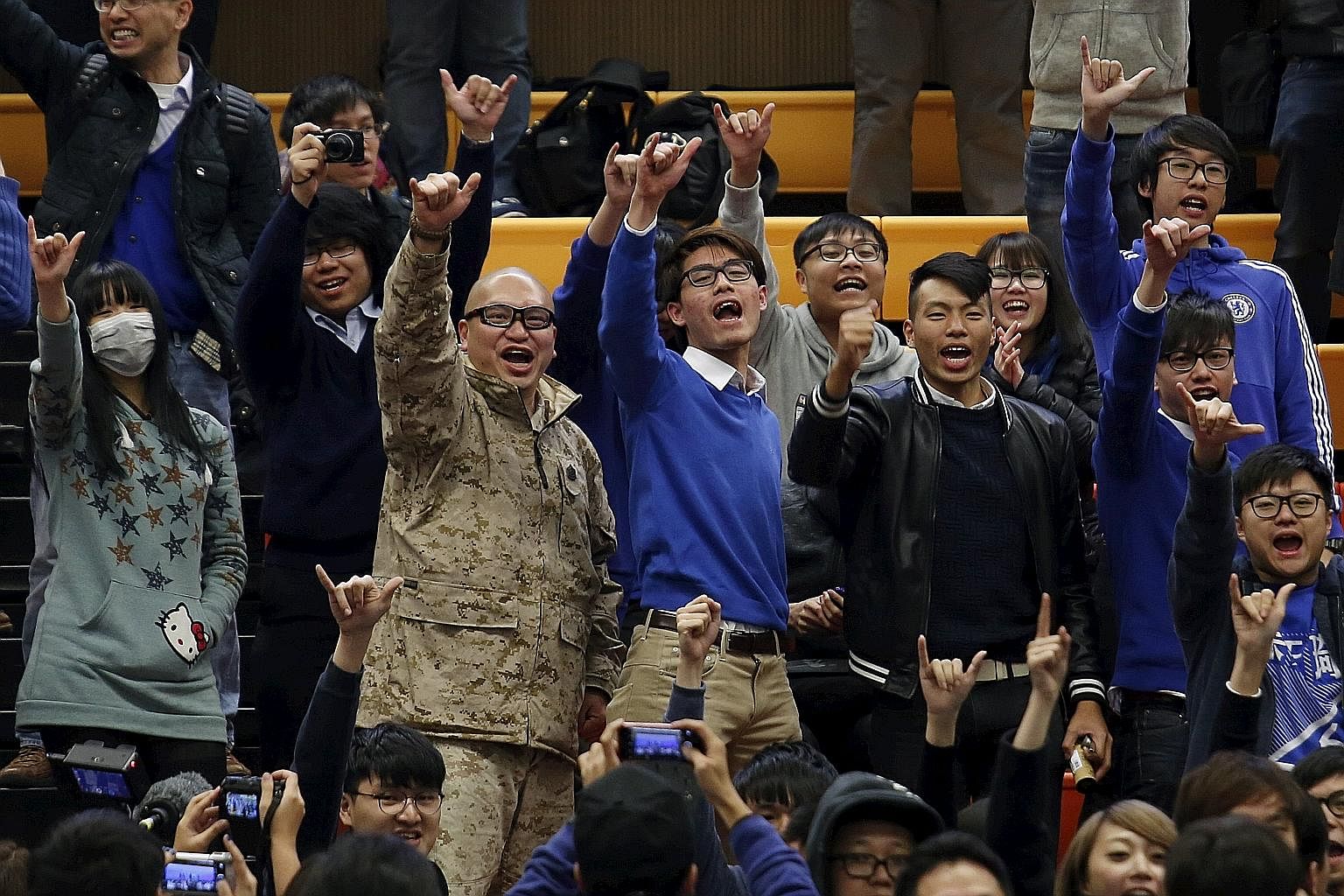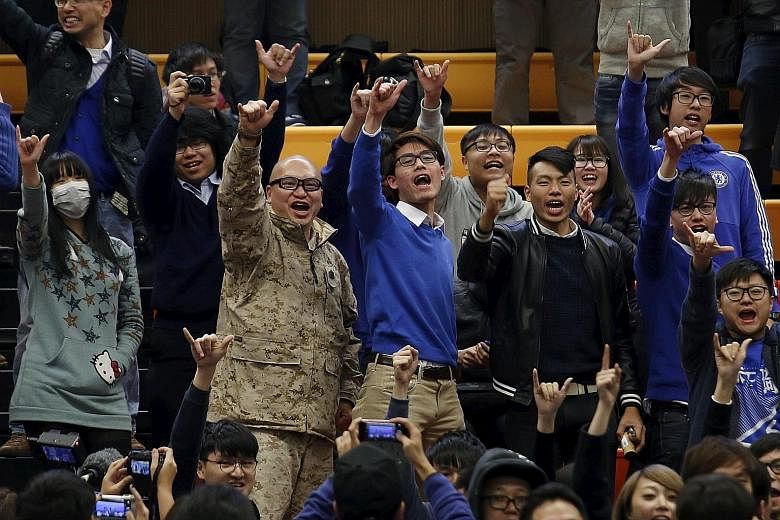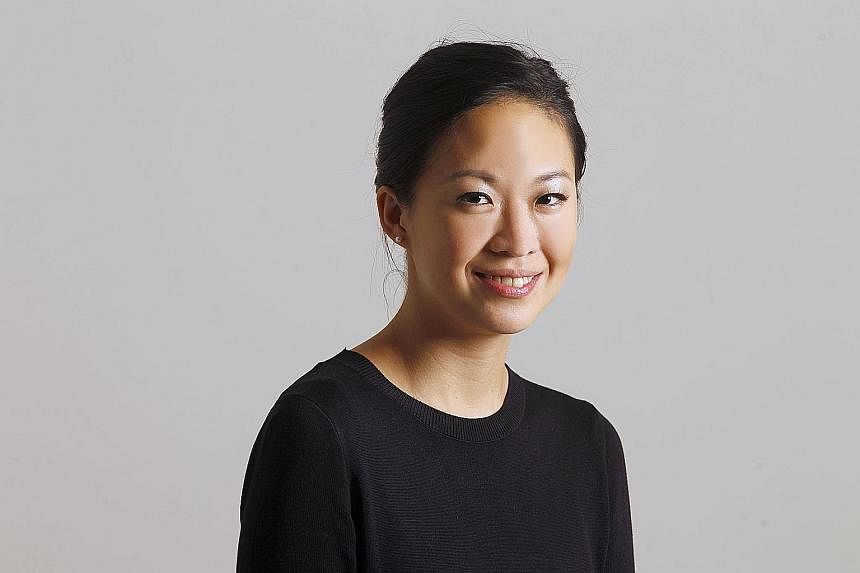If the Mongkok riots during the Chinese New Year were the surprise coming-out party for Hong Kong's localism movement, Sunday's by-election is its official inauguration as a rising political force to be reckoned with.
Mr Edward Leung, the 24-year-old spokesman for Hong Kong Indigenous, which is accused of orchestrating the protests, went from fringe candidate to place a very respectable third among seven contenders in the legislative race in New Territories East.
The philosophy undergraduate with a floppy fringe garnered more than 15 per cent of the votes - higher than even the group's own supporters had expected, and beating far more experienced politicians.

In the end, barrister Alvin Yeung, 34, of the moderate pro-democracy Civic Party, won the seat with 37 per cent of the votes. But in a signal of how the winds are blowing, his post-result remarks sounded more like those of someone who had lost.
Hong Kong's pan-democrats have to reform, he said. Civic Party has to "give up the old way of thinking". He also dished out praise to Mr Leung. He is charismatic and has "substance", said Mr Yeung.
The dynamics are clear: Localism is on the rise and moderate democratic politics is on the wane - for now at least.
This means the "silly season" that Hong Kong is now in - as termed by executive councillor Fanny Law - will likely get "sillier", in the parlance of the pro-establishment.
Localism refers to the nebulous network of activists and supporters who mobilise online and call for the protection of the "local identity", even advocating independence. Beijing had labelled the Mongkok protesters as "separatists".
They differ in degrees of radicalism, with groups like Mr Leung's saying the battle for Hong Kong's identity and democratic values, under the onslaught of communist China, has to be fought on the streets, with violence if necessary. There is no other way, he asserts - the peaceful ways of the city's traditional pro-democracy movement have failed.
As the shape of the results became apparent on Sunday, he said it was an endorsement of their radical actions. "Many people have labelled us as 'thugs', but the fact is even thugs received more than 50,000 votes," he said.
He eventually got 66,500 votes, out of 430,000 cast.
"It's a clear message to the government that we Hong Kongers, especially those of our generation, will not retreat, but we will resist."
The impact of Sunday's vote is twofold. First, based on the votes that Mr Leung received, he or other localist candidates will likely be elected in September's full legislative polls, under the city's proportional representation system. Second, it will influence the broader pro-democracy movement in becoming more confrontational.
Said Mr Yeung: "We understand the need to change with the times - and are willing to do so."
For instance, he argued, Hong Kongers no longer want their legislators to just cast a dissenting vote to block unpopular government proposals. Filibustering and a new tactic that arose over the weekend - the physical occupation of the legislative committee chairman seat to prevent proceedings from going ahead - "have worked".
These were tactics from the radical faction's playbook. But they could soon be adopted by the moderate pro-democracy wing.
"There will be even more confrontations ahead," predicted political scientist Joseph Cheng, also a convener of an alliance of pan-democrats.
Civic Party co-founder Ronny Tong, who held the New Territories East seat for 11 years before resigning and triggering the by-election, said it does not bode well for Hong Kong's stability in the near future.
Localism's rise is neither inevitable nor inexorable though.
Violence as a political tactic remains acceptable only to a niche segment in Hong Kong, said Professor Cheng. But people become more accepting of it if they feel more repressed.
So one factor in localism's longevity would be Beijing's policy towards Hong Kong - whether it works at improving relations, he said. "That's not quite likely in the near future though."



